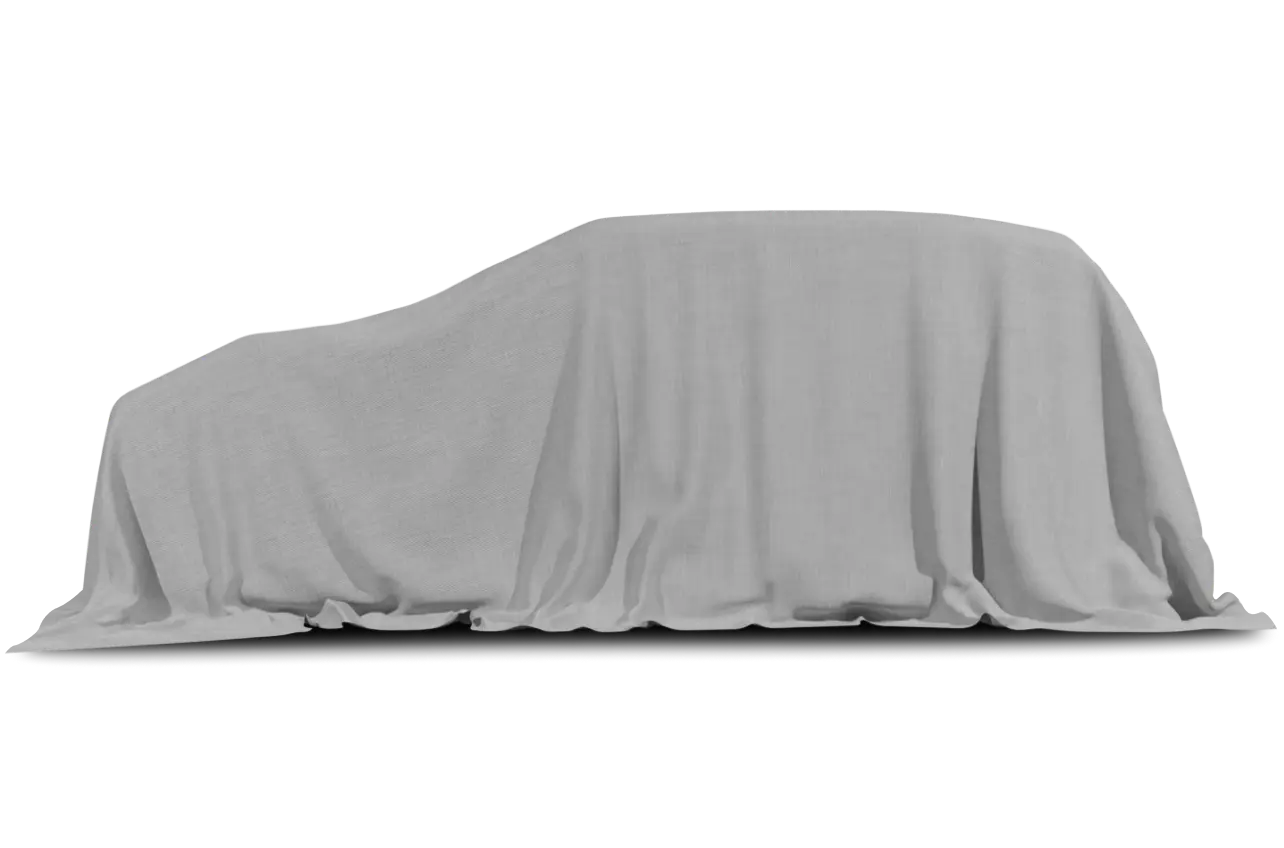
The wagon that arguably created the crossover utility vehicle segment, the Subaru Outback, chugs into 2009 as one of the stalwarts among the modern, compact family haulers.
With a makeover just last year, the ’09 Outback continues the theme that the Japanese automaker introduced with the first model, for 1995, billed as the world’s first sport utility wagon.
The term “crossover” hadn’t been thought of yet when the Outback arrived, but it was ahead of its time, as it’s now clear that it was the first true crossover utility vehicle – although Toyota claims to have created the genre with the 1996 introduction of the RAV4.
What made the Outback and RAV4 different was that they were small SUV-like vehicles built on the chassis of cars.
But it was initially just a marketing ploy for Subaru to call the Outback a sport utility. At that time, Subaru and other automakers were scrambling to compete in a market that was going crazy over the new truck-based sport utility vehicles, whose sales began in earnest with the introduction of the Ford Explorer in fall 1990.
Because Subaru had no trucks in its lineup to mold into a true SUV, the company took its Legacy midsize wagon and beefed it up to create the Outback.
Then, in another stroke of marketing genius, Subaru signed up Australian actor Paul Hogan, reprising his “Crocodile Dundee” role, to promote the Outback.
The Outback name also was later given to a beefed-up Legacy sedan, and an even beefier-looking version of the smaller Impreza wagon. But for 2009, only the Legacy wagon version carries the Outback name; the sedan version is gone.
This vehicle is still a worthy competitor to the other pioneering mini-crossovers, the RAV4 and the Honda CR-V, which followed the RAV onto the market for 1997.
But the Outback is by nature a better utility vehicle than the base versions of the RAV4 and CR-V, because all Outbacks come with all-wheel drive, which is an option on the Toyota and Honda models. In fact, Subaru includes all-wheel drive as a standard feature on all of its U.S. models.
Changes last year included a slightly redesigned exterior that included new front sheet metal, a larger grille opening, new front and rear bumpers, and new headlights and taillights.
There were a few interior changes as well, including a new instrument panel and revised seat fabrics. A telescopic steering wheel and an ignition key with built-in remote are standard now.
For 2009, there are some upgrades as well, including standard electronic stability control on all models. Also, the Limited model replaced the L.L. Bean version, and there is a new “Special Edition” model that gets such extras as heated front seats, 17-inch alloy wheels, wiper de-icing, heated side mirrors, fog lights, and an eight-way power driver’s seat.
Also new is a premium 440-watt Harmon Kardon audio system, which comes standard on the Limited models.
The 2009 Outback models start at $19,995 (plus $695 freight) for the base Sport model with a 2.5-liter boxer four-cylinder engine and five-speed manual gearbox, and run as high as $32,095 for the Limited 3.0 R model, which has a six-cylinder boxer (horizontally opposed) engine and a five-speed automatic.
In between are the 2.5i, 2.5i Special Edition, 2.5i Limited, and 2.5XT Limited models, which come with either the five-speed manual gearbox, or in the case of the 2.5i Limited model, a four-speed automatic.
Our tester was the 2.5i Limited, which carries a base price of $30,495 (plus freight). But that price included even the dash-mounted GPS/DVD navigation system. The only option on our vehicle was a rear cargo net ($51), making the total sticker $31,241 including freight.
The 2.5-liter engine is rated at 170 horsepower and 170 foot-pounds of torque, and has EPA ratings of 20 mpg city/26 highway with the four-speed automatic.
The 2.5XT is set up as a performance model, with a turbocharged version of the 2.5-liter engine, rated at 243 horsepower and 241 foot-pounds of torque. Standard is the five-speed manual.
The top-of-the-line Limited 3.0R is the only model that comes with the normally aspirated 3.0-liter six-cylinder boxer, with 245 horsepower and 215 foot-pounds of torque.
The most fun to drive is the turbo four with the manual gearbox. But if you want an automatic transmission, the XT is available with the five-speed sport-shift transmission that comes with the 3.0R Limited.
This gearbox can do all the shifting for you, or you can put it in manual mode and shift gears yourself using the paddles on the steering wheel (without having to worry about a clutch, of course).
It’s a kick to drive, thanks to that engine, the sport transmission, and Subaru’s Intelligent Drive system, which allows for putting the vehicle’s electronic throttle control system into a sport mode for what Subaru calls “lightning-quick throttle response” for “more power sooner.”
Also included with the Limited models is Subaru’s best all-wheel-drive system, which includes variable torque distribution. This feature normally sends more power to the rear wheels to enhance handling, Subaru says, and it automatically adjusts power distribution in response to driving and road conditions.
Our tester’s 170-horsepower engine had plenty of power for everyday driving.
The Outback has seating for up to five people; unlike the RAV4, there is no third seat offered. But the CR-V doesn’t offer a third seat, either. There is a 33.5 cubic-foot cargo area behind the rear seat.
The automotive columns of G. Chambers Williams III have appeared regularly in the Star-Telegram since 1995. 210-250-3236; chambers@star-telegram.com.
The package: Compact, five-door, four- or six-cylinder, all-wheel-drive, five-passenger crossover utility vehicle. Highlights: Slightly redesigned last year this is the sport utility wagon version of the Subaru Legacy midsize sedan. It comes with room for five, lots of cargo space, and many standard features, even at the base level.
Negatives: Can get quite pricey for a compact crossover without a luxury brand name.
Engine: 2.5-liter horizontally opposed four-cylinder (normally aspirated or turbocharged); 3.0-liter horizontally opposed six-cylinder.
Transmission: Five-speed manual, four-speed automatic or five-speed automatic.
Power/torque: 170 HP/170 ft-lbs (H-4); 243 HP./241 ft-lbs. (Turbo); 245 HP./215 ft.-lbs. (H-6).
Side air bags: Front seat-mounted, front and rear side curtain, standard.
Vehicle stability control: Standard.
Length: 189.0 inches.
Cargo capacity: 33.5 cubic feet (behind rear seat).
EPA fuel economy: 20 miles per gallon city/27 highway (H-4 manual); 20 city/26 highway (H-4 automatic); 18 city/24 highway (Turbo automatic); 17/24 (3.0-liter).
Major competitors: Honda CR-V, Toyota RAV4, Nissan Rogue, Kia Sportage, Hyundai Tucson, Mitsubishi Outlander, Ford Escape/Mercury Mariner, Suzuki Grand Vitara, Mazda Tribute, Chevrolet Equinox/Pontiac Torrent/Saturn Vue.
Base price range: $19,995-$32,095 plus $695 freight.
Price as tested: $31,241 including freight and options.
On the Road rating: 9.1 (of a possible 10).
Prices shown are manufacturer’s suggested retail; actual selling price may vary.
































